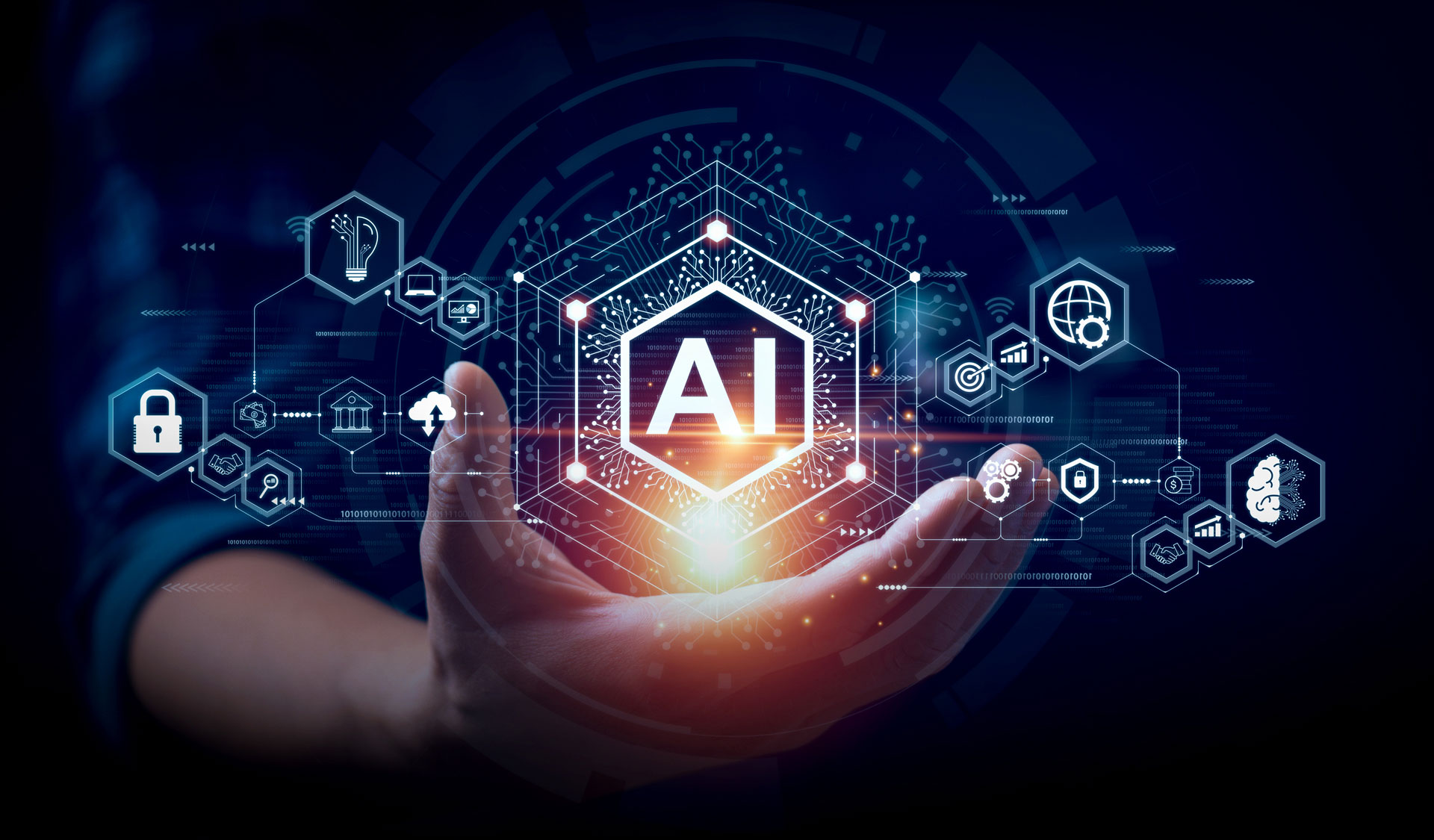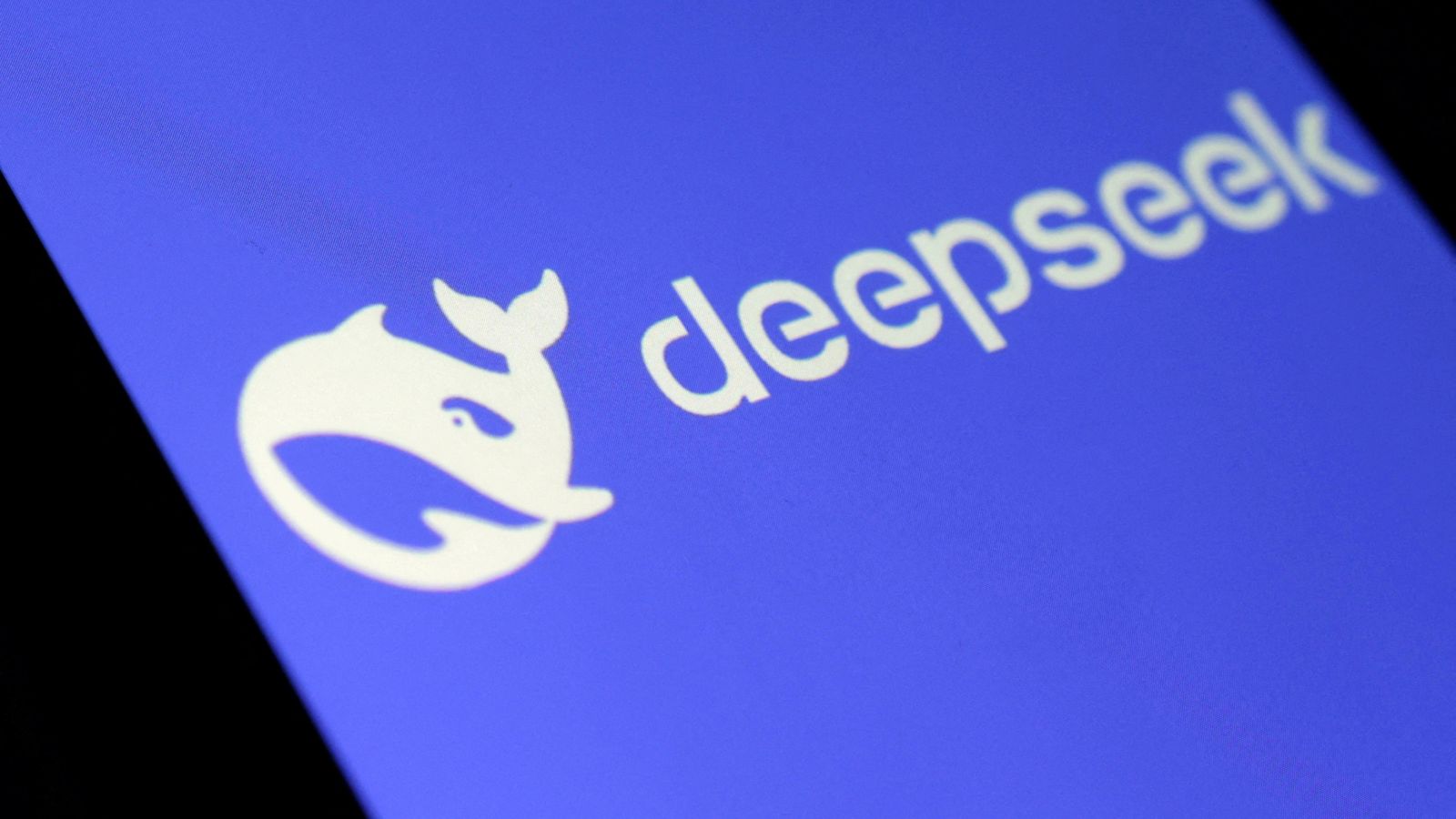
Lower-cost AI tools might improve tasks by providing more employees access to the technology.
- Companies like DeepSeek are establishing low-priced AI that might help some workers get more done.
- There could still be risks to workers if companies turn to bots for easy-to-automate tasks.
Cut-rate AI may be shocking industry giants, however it's not likely to take your task - a minimum of not yet.

Lower-cost techniques to developing and training expert system tools, from upstarts like China's DeepSeek to heavyweights like OpenAI, will likely permit more people to acquire AI's performance superpowers, industry observers told Business Insider.
%20Is%20Used%20In%20Biometrics.jpg)
For many workers worried that robots will take their tasks, that's a welcome development. One frightening possibility has actually been that discount AI would make it simpler for employers to swap in inexpensive bots for expensive people.
Obviously, that could still take place. Eventually, the technology will likely muscle aside some entry-level workers or those whose roles largely include repeated tasks that are simple to automate.
Even higher up the food chain, personnel aren't always totally free from AI's reach. Salesforce CEO Marc Benioff stated this month the company might not work with any software engineers in 2025 because the firm is having a lot luck with AI representatives.
Yet, photorum.eclat-mauve.fr broadly, for many employees, lower-cost AI is most likely to broaden who can access it.
As it becomes more affordable, it's much easier to integrate AI so that it ends up being "a sidekick rather of a risk," Sarah Wittman, an assistant professor of management at George Mason University's Costello College of Business, told BI.
When AI's price falls, she said, "there is more of an extensive acceptance of, 'Oh, this is the method we can work.'" That's a departure from the frame of mind of AI being a pricey add-on that companies might have a difficult time validating.
AI for all
Cheaper AI could benefit workers in locations of a company that often aren't viewed as direct income generators, Arturo Devesa, primary AI designer at the analytics and information company EXL, told BI.

"You were not going to get a copilot, possibly in marketing and HR, and now you do," he stated.
Devesa stated the course shown by business like DeepSeek in slashing the cost of establishing and executing big language models alters the calculus for companies deciding where AI may settle.
That's because, for many large companies, such decisions consider expense, accuracy, and speed. Now, with some costs falling, the possibilities of where AI could reveal up in a work environment will mushroom, Devesa said.

It echoes the axiom that's suddenly all over in Silicon Valley: "As AI gets more effective and accessible, we will see its use skyrocket, turning it into a commodity we just can't get enough of," Microsoft CEO Satya Nadella composed on X on Monday about the so-called Jevons paradox.
Devesa stated that more productive employees won't always lower demand for individuals if employers can establish brand-new markets and brand-new sources of income.
Related stories
AI as a product
John Bates, CEO of software company SER Group, informed BI that AI is becoming a product much quicker than expected.
That implies that for jobs where desk workers might need a backup or someone to double-check their work, low-cost AI may be able to action in.
"It's great as the junior understanding employee, the thing that scales a human," he stated.
Bates, a former computer technology professor at Cambridge University, said that even if an employer currently prepared to use AI, the decreased expenses would boost roi.
He also said that lower-priced AI could offer small and medium-sized companies simpler access to the technology.
"It's simply going to open things up to more folks," Bates said.
Employers still require humans
Even with lower-cost AI, human beings will still belong, stated Yakov Filippenko, CEO and creator of Intch, videochatforum.ro which helps specialists find part-time work.
He stated that as tech firms complete on rate and drive down the expense of AI, lots of companies still will not be excited to remove employees from every loop.
For instance, Filippenko said companies will continue to require developers due to the fact that somebody has to validate that new code does what a company desires. He stated companies hire employers not just to complete manual labor; bosses also desire a recruiter's opinion on a prospect.
"They pay for trust," Filippenko stated, referring to companies.
Mike Conover, CEO and founder of Brightwave, a research platform that uses AI, informed BI that a good portion of what individuals perform in desk jobs, in specific, consists of jobs that could be automated.
He stated AI that's more widely available because of falling expenses will permit people' creative abilities to be "maximized by orders of magnitude in terms of the elegance of the problems we can solve."
Conover thinks that as costs fall, AI intelligence will likewise infect much more locations. He said it's akin to how, decades earlier, the only motor in an automobile may have been under the hood. Later, as electric motors diminished, they revealed up in places like rear-view mirrors.

"And now it's in your tooth brush," Conover said.
Similarly, Conover stated universal AI will let specialists produce systems that they can customize to the requirements of jobs and workflows. That will let AI bots handle much of the dirty work and enable workers ready to explore AI to take on more impactful work and perhaps move what they're able to focus on.










